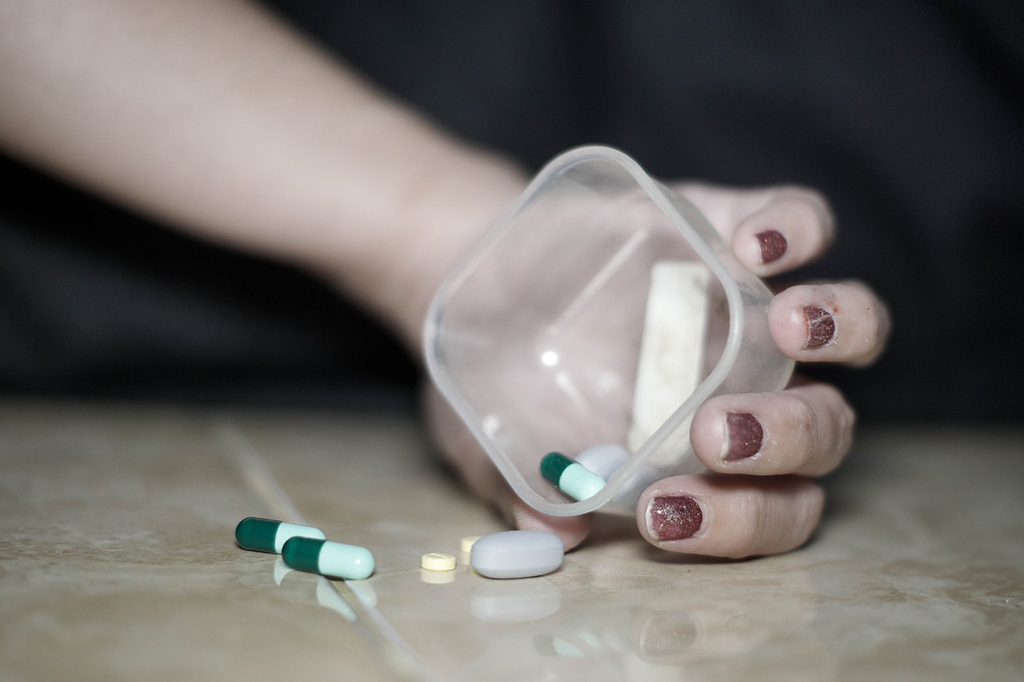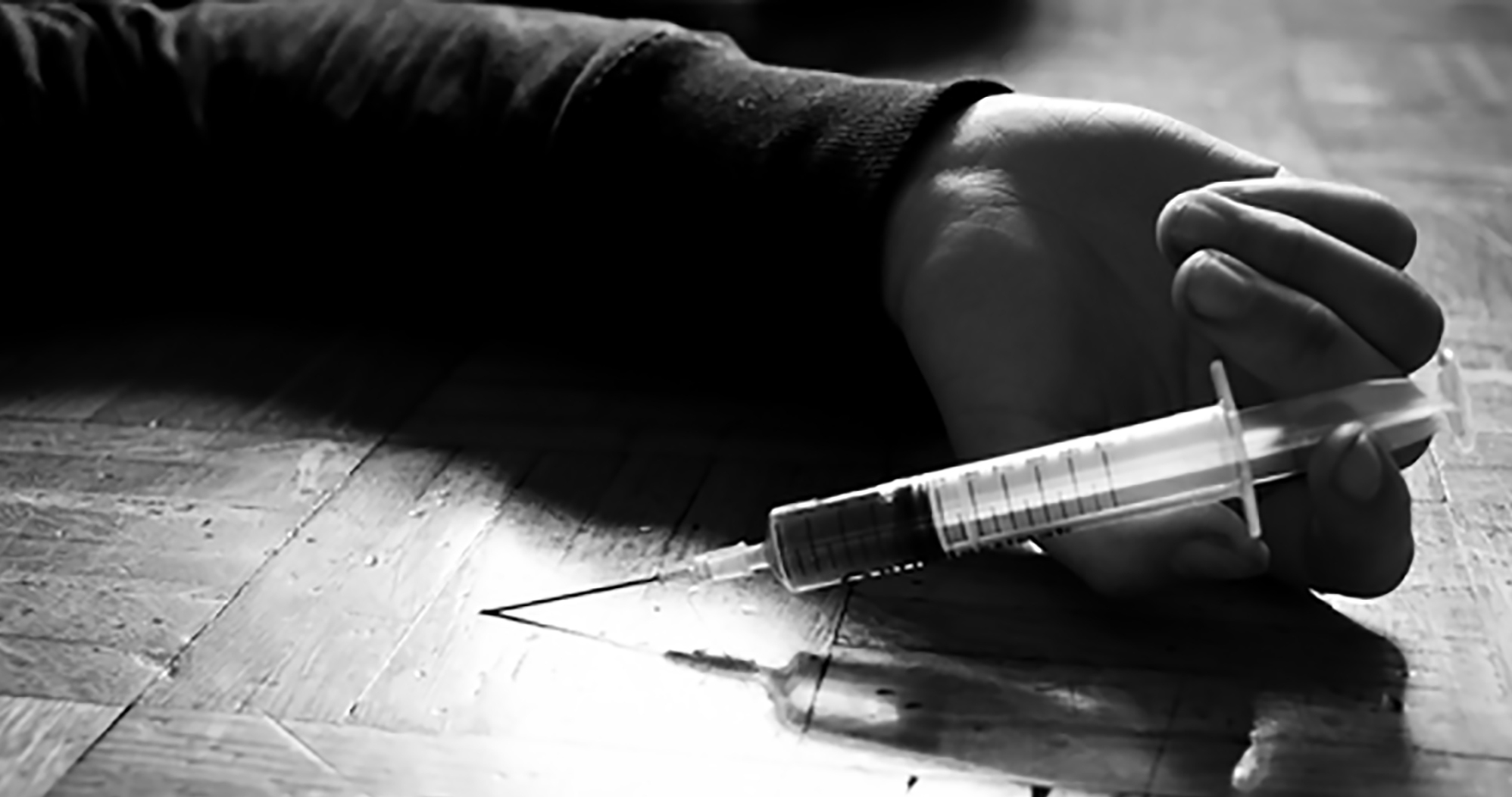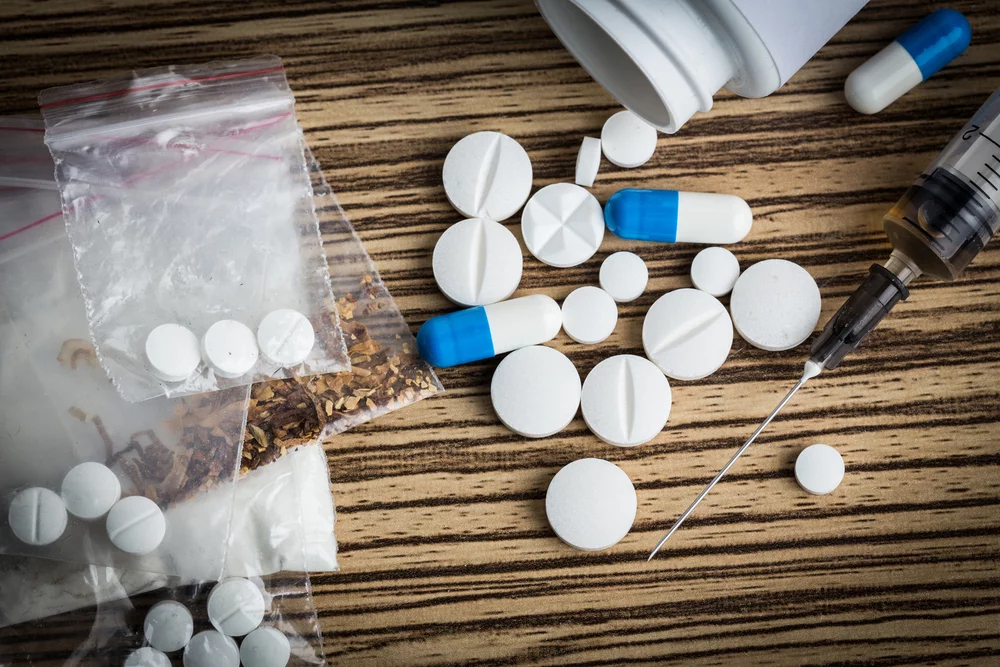You’ve finally reached a breaking point with your addiction and are on the cusp of going cold turkey – alone. Before you cut yourself off, make sure you know what detox entails, and consider getting some outside support.
You are getting to the point where you’re realising your vice isn’t just an occasional slip, but a full-on addiction. Maybe it is impacting your relationships or your ability to work – maybe it just doesn’t feel that good anymore, or perhaps family and friends are urging you to stop. Whatever the reasons, you are beginning to really consider quitting.
This realisation is an important step towards recovery, and something to feel good about. However, before deciding to simply stop your addiction, it is important to recognise the risks of sudden detox. Involving professionals in your detox process can help make your recovery safe and healthy.
What are Some Reasons People Decide to Detox Alone?
There are many factors that underlie people’s decisions to try and go it alone when it comes to beating their addictions. It helps to get a sense of what’s driving that impulse in order to consciously examine it and decide if that is really the right way for you to do it.
The cost of detox seems scarier than the detox itself
While detox and rehab can be an expensive process, there are greater numbers of rehab clinics accepting health insurance from clients, and in some cases sliding scales for clients in financial need. Seeking addiction treatment abroad is also a way to access high-quality treatment at affordable prices due to lower overhead costs. Don’t let preconceived notions of cost deter you from exploring the variety of options available for professional help.
The belief that willpower is all you need to conquer an addiction
One of the more harmful myths about addiction is that it stems from a lack of will, morality, or commitment. This fuels a belief that for one to overcome an addiction, all you need to do is really commit to stopping. If only it were that simple.
Addiction is so consuming because it involves a rewiring of the brain to focus on the object of dependency. Additionally, the body can become physically dependent on the chemicals being used, and so the process of detoxing can involve uncomfortable and serious symptoms. This is why professional guidance through this process is both safer and beneficial in breaking free of an addiction.
Wanting to keep one’s addiction a secret
Some manage to successfully hide their addictions from their employers, friends, and even their loved ones. They may do this because they feel ashamed of their addiction, or because they fear the consequences of divulging it to others. For those who have kept this secret, but want to live free from dependency, detoxing alone may seem like the only choice.
Unfortunately, addiction thrives in secrecy, and an important step to beating it is to begin to talk to people about what you are going through. You could start with an addiction specialist, who will be well-versed in confidentiality and be able to advise you as to how to go through this process.
They’ve given detox and rehab a try, but have relapsed
When you have been through a rehab process and have experienced a relapse, it is normal to feel disappointed and question the efficacy of your past treatment. However, addiction is a complex disease, and relapses are a common occurrence as people move through recovery. After a relapse, reconnecting with an addiction specialist and exploring how to approach getting back on track can be reassuring and motivating.
Dangers of Detoxing
When your body becomes addicted to something, removing that substance from the body during detox sparks withdrawal. Withdrawal presents with a host of both mental and physical symptoms, and can be extremely uncomfortable. In severe cases, withdrawal can lead to death, which is why it is so important to go through this process with a medical professional experienced in detox.
Different substances present with a different range of withdrawal symptoms. Knowing in advance what these symptoms are is helpful in knowing what to expect in the very first stage of your recovery.
Alcohol Detox
The body’s natural purging of alcohol begins around 6-12 hours after the last drink, and includes symptoms like:
- Shaking
- Sweating
- Headaches
- Nausea
- Vomiting
- Anxiety
- Insomnia
Some people may also experience hallucinations around 12-24 hours after their last drink, which can include hearing, seeing or feeling things that are not real. While most people will be aware that these sensations are not real, they still can be uncomfortable and disturbing. Others may experience seizures anywhere from 2 to 72 hours after they stop drinking, a risk that increases the more times you undergo detox.
Withdrawal from alcohol may include a severe reaction known as delirium tremens (or the “DTs”). This condition can be dangerous and even fatal, particularly for older people, people with other health conditions, or those with abnormal liver function. Starting anywhere from 24-72 hours after the last drink, symptoms can include:
- Hallucinations that seem real
- Severe tremors
- Seizures
- Low-grade fever
- Heart palpitations
- Heavy sweating
- Elevated blood pressure
- Severe anxiety and confusion
Delirium tremens is a serious medical condition that requires round-the-clock medical care and support. Being under professional care will ensure that you are as safe and comfortable as possible through this stage of recovery.
Opioid Detox
Opioids include prescription narcotic drugs, as well as illicit drugs such as opium or heroin. Though available for prescription for a variety of conditions, opioids like Vicodin, Percocet, or OxyContin also have a potential for misuse, abuse and addiction. Even for those taking these medications at their correct dosages under a doctor’s care, there is generally a “weaning” period during which the dosage will be gradually reduced to safely counter a potential physical dependency.
A sudden detox can bring on symptoms such as:
- Anxiety
- Nausea
- Sweating
- Insomnia
- Vomiting
- Body aches
- Runny nose
- Hot and cold flashes
- Diarrhea
- Frequent yawning
- Flu-like symptoms
The symptoms of withdrawal can lead to severe dehydration, and so medical attention is important while detoxing from opioids. Additionally, people’s tolerance for opioids can decrease even after just a few days, and so a major danger is returning to use after attempting to detox, which can increase the risk of accidental overdose. Being in an environment away from the temptation to use again can help prevent this type of relapse.
Methamphetamine Detox
Detoxing from stimulants like ice and MDMA can have significant impacts on your mood, sleep, and physical wellbeing. Withdrawal symptoms from methamphetamines can start anywhere from a few hours to a few days after the last use, and can include:
- Restless, agitated feeling
- Body aches
- Pacing
- Vivid nightmares
- Fatigue
- Sleeplessness or oversleeping
- Increased appetite
- Depression
Physical withdrawal from methamphetamines can take anywhere from a few days up to three weeks. The combination of feeling unwell along with the waves of depression that often accompany methamphetamine detox can put people at increased risk for self-harm and suicide. Detoxing under professional care can provide important emotional and physical support to make you more comfortable during this time.
Cocaine Detox
Detoxing from cocaine doesn’t generally result in physical symptoms, but has significant and lingering impacts on your mental state that can be extremely uncomfortable. These symptoms can include:
- Anxiety
- Nightmares
- Agitation and irritability
- Depression
- Fatigue
- Feeling slow or sluggish
If you have been a regular user of cocaine, these symptoms can last for months and are often accompanied by strong cravings for cocaine. Detoxing with the support of an addiction specialist can help you manage the depression that is common during this phase, and also prevent a relapse.
Detoxing at The Dawn
If you are considering detoxing and don’t want to risk doing it alone, The Dawn Wellness Centre and Rehab offers professional, affordable addiction treatment in a stunning location. Our residential facility is in beautiful Chiang Mai, Thailand, just an hour’s flight from the capital city of Bangkok, but with all the comforts and care you need.
We offer a special six-week Signature Addiction Programme for individuals suffering from substance addiction, behavioural addictions and co-occurring disorders. The fundamental objective of our programme is for clients to achieve and maintain long-term recovery by equipping each individual with a personalised set of healthy coping tools to use when dealing with life’s challenges, eliminating the need to use again.
24 Hour Medical Support and Onsite Detox
The Dawn provides medically-assisted detox for moderate-case clients. Our 24-hour onsite professional nursing team carefully monitors clients throughout this process under the supervision of our psychiatrist, who can prescribe medication as necessary to ease withdrawal symptoms. In emergencies, clients will immediately be admitted to hospital.
Call us today to learn more about how we can support your specific needs and help you regain your health at The Dawn.
Related Posts
 Medical Detox: An In-Depth Guide
Deciding you have an alcohol or drug addiction and considering a medical detox is the first step towards taking your life back. The idea of quitting can feel overwhelming for...
Medical Detox: An In-Depth Guide
Deciding you have an alcohol or drug addiction and considering a medical detox is the first step towards taking your life back. The idea of quitting can feel overwhelming for...
 4 Reasons Medical Detox is a Good Idea
Recovery can’t begin without detox. Anyone who has struggled with addiction may have spent years fearing withdrawal. Withdrawal symptoms can range from unpleasant to painful, or even life-threatening, depending on...
4 Reasons Medical Detox is a Good Idea
Recovery can’t begin without detox. Anyone who has struggled with addiction may have spent years fearing withdrawal. Withdrawal symptoms can range from unpleasant to painful, or even life-threatening, depending on...
 The Process of Heroin Detox : What You Should Know About Heroin Detoxification, Withdrawal and Treatment
Starting the healing process after heroin abuse requires the elimination of heroin in the body through a process called detoxification, or detox for short. This initial step in the treatment...
The Process of Heroin Detox : What You Should Know About Heroin Detoxification, Withdrawal and Treatment
Starting the healing process after heroin abuse requires the elimination of heroin in the body through a process called detoxification, or detox for short. This initial step in the treatment...
 What You Need to Know About Opioid Withdrawal Symptoms, Detox and Treatment
Opioid addiction is becoming a global problem and is currently the primary cause of drug overdose in the U.S. Opioids such as morphine and codeine are synthetic drugs that cause the...
What You Need to Know About Opioid Withdrawal Symptoms, Detox and Treatment
Opioid addiction is becoming a global problem and is currently the primary cause of drug overdose in the U.S. Opioids such as morphine and codeine are synthetic drugs that cause the...





